10th Feb 2023
John Jenkins Designs: Trojan War
John Jenkins has shared images of 9 upcoming releases for the Trojan War series:
Traditionally, the Trojan War arose from a sequence of events beginning with a quarrel between the goddesses Hera, Athena and Aphrodite. Eris the goddess of discord, was not invited to the wedding of Peleus and Thetis, and so arrived bearing a gift. A golden apple, inscribed “for the fairest”.
Each of the goddesses claimed to be the “fairest”, and the rightful owner of the apple. They submitted the judgement to a shepherd they encountered tending his flock. Each of the goddesses promised the young man a boon in return for his favour. Power, wisdom, or love. The youth, in fact Paris, a Trojan prince who had been raised in the countryside, chose love, and awarded the apple to Aphrodite.
As his reward, Aphrodite caused Helen, the Queen of Sparta, and the most beautiful of all women, to fall in love with Paris.
The judgement of Paris earned him the ire of both Hera and Athena, and when Helen left her husband, Menelaus, the Spartan king, for Paris of Troy, Menelaus called upon all the kings and princes of Greece to wage war upon Troy.
Menelaus’ brother Agamemnon King of Mycenae, led an expedition of Achaean troops to Troy and besieged the city for ten years because of Paris’ insult. After the death of many heroes, including the Achaeans, Achilles, Ajax and the Trojans Hector and Paris, the city fell to the ruse of the Trojan Horse.
The Achaeans slaughtered the Trojans, except for some of the women and children whom they kept or sold as slaves. They desecrated the temples, thus earning the wrath of the gods.
Few of the Achaeans returned safely to their homes, and many founded colonies in distant shores.
The Romans later traced their origin to Aeneas, Aphrodite’s son and one of the Trojans, who was said to have led the surviving Trojans to modern day Italy.
The Trojans, too had their semi-divine heroes and these included Hector (son of Priam), Sarpedon, and Glaucus, which have already been previewed.
The following are some of the new Trojan heroes and allies which are already in development.
AENEAS
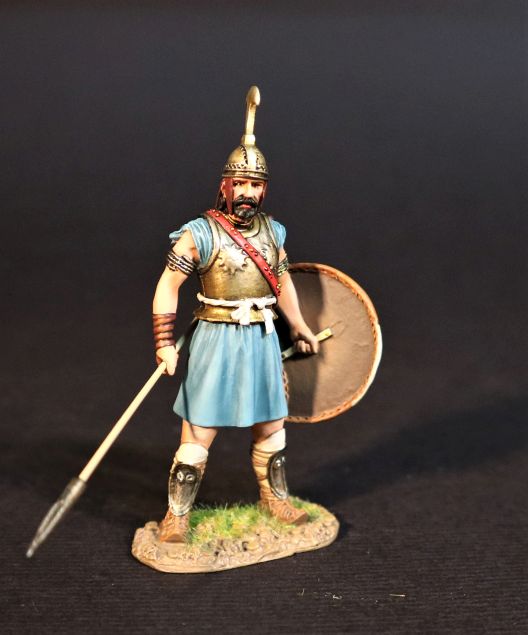
Aeneas is a character in the Iliad, where he is twice saved from death by the gods for an as yet unknown destiny, but is an honorable warrior in his own right.
He is the leader of the Trojan’s Dardanian allies, as well as a second cousin and principal lieutenant of Hector, son and heir of the Trojan King Priam.
Having held back from the fighting, aggrieved with Priam because in spite of his brave deeds he was not given his due share of honour, he leads an attack against Idomeneus to recover the body of his brother-in-law Alcathous at the urging of Deiphobus.
The Aeneid explains that Aeneas is one of the few Trojans who were not killed or enslaved when Troy fell. Aeneas, after being commanded by the gods to flee, gathered a group, collectively known as the Aeneads, who then travelled to Italy, and became progenitors of the Romans.
The Aeneads included Aeneas’s trumpeter Misenus, his father Anchises, his friends Achates, Sergestus and Acmon, the healer Lapyx, the helmsman Palinurus and his son Ascanius.
They carried with them the Lares and Penates , the statues of the household gods of Troy, and transplanted them to Italy.
PANDARUS
Pandarus was a Trojan aristocrat and son of Lycaon, who is portrayed as an energetic and powerful warrior as well as a renowned archer. He led a contingent of warriors from Zeleia.
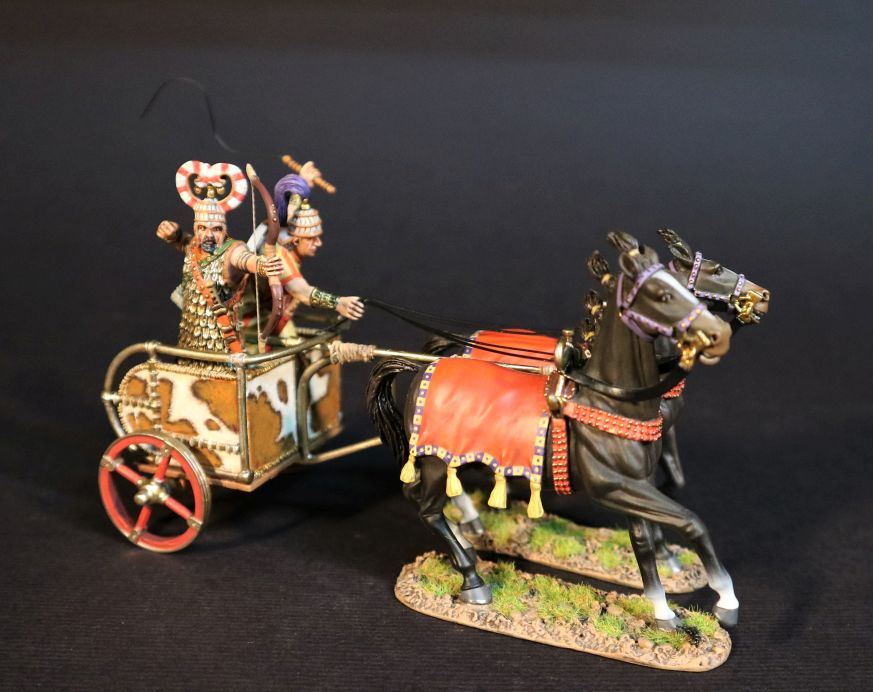
Pandarus first appears in book Two of the Iliad, and in Book Four, he is tricked by Athena, who wishes for the destruction of Troy and assumes the form of Laodocus, son of Antenor, to shoot and wound Menelaus with an arrow, sabotaging a truce that could potentially have led to the peaceful return of Helen.
Pandarus then attempts to kill Diomedes, (who is protected by Athena), who retaliates with a deadly blow that knocks Pandarus out of the chariot.
ASTEROPAEUS
Asteropaeus was a leader of the Trojan allied Paeonians along with fellow warrior Pyraechmes.
He was the son of Pelagon, who was the son of the river god Axios and the mortal woman Periboia daughter of Akessamenos.
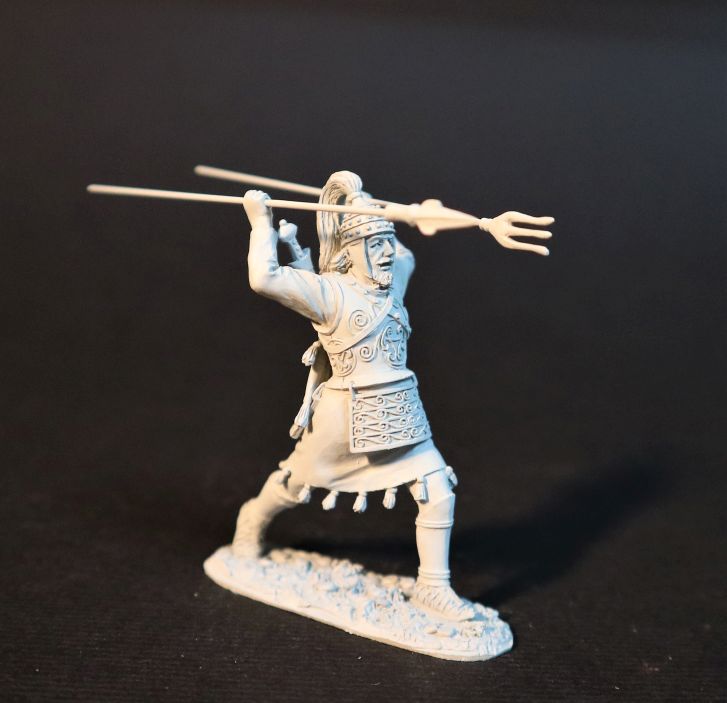
Asteropaeous had the distinction in combat of being ambidextrous and would on occasion throw two spears at once. In the Iliad as the Trojans attacked the Achaean wall, he was a leader of the same group of the Lycian warriors with Sarpedon and Glaucus. It was this group which pressed hard enough to allow Hector and his troops to breach the wall.
Later during the siege Achilles is mercilessly slaughtering Trojan warriors alongside the river Scamander, and polluting the water with dead bodies, including one of Priam’s sons, Lycaon.
With the river god Scamander pondering how he might stop Achilles, Achilles in turn attacks Asteropaeous (himself the grandson of a river god) whom Scamander instills with courage to make a stand against Achilles.
Achilles and Asteropaeous engage in combat, Asteropaeous throwing two spears at the same time at Achilles. One spear hits Achilles’ shield, while the other hits the right forearm of Achilles and draws blood.
Asteropaeous was the only Trojan in the Iliad who was able to draw blood from Achilles.
However he fails to kill Achilles and is slain.
Achilles is to boast that though Asteropaeous may be descended from a river god, that he, Achilles, is descended from a mightier god, Zeus.
Later , in the funeral games for the slain Patroclus, the bronze and tin corslet, and the silver studded swords of Asteropaeous are awarded as prizes.
PYRAECHMES
Pyraechmes along with Asteropaeous, was a leader of the Paeonian allies in the Trojan War.
He came from the city of Amydon.
Pyraechmes was killed in battle by Patroclus, who was dressed in Achilles armour.
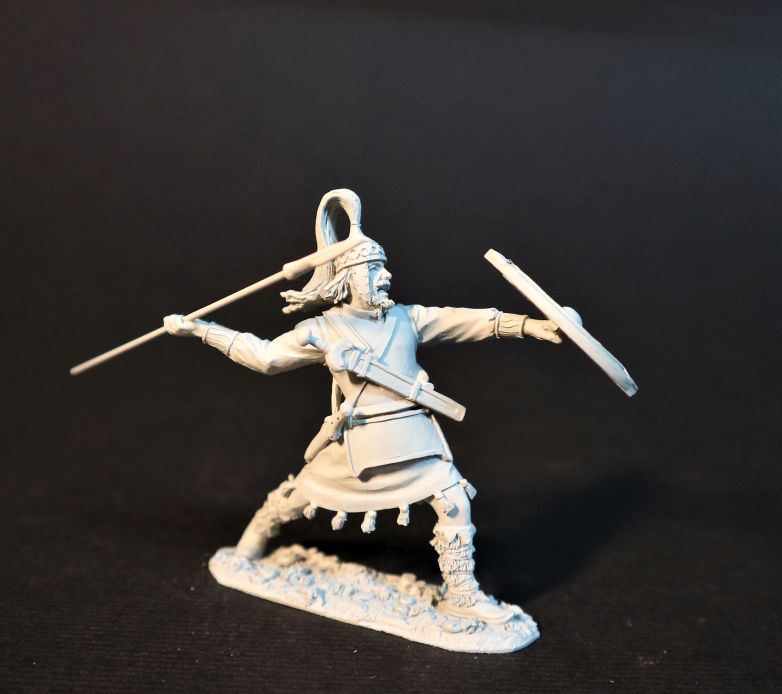
CYCNUS OF KOLONAI
Cycnus was the king of the town of Kolonai in the southern Troad. He was the son of Poseidon by Calyce. (daughter of Hecaton).
Legend tells that he was abandoned by his mother on the seashore, but was rescued by fishermen who named him Cycnus “swan” because they saw a swan flying over him.
Other accounts, he is said to have had womanly white skin and fair hair, which is why he received his name that meant “swan”.
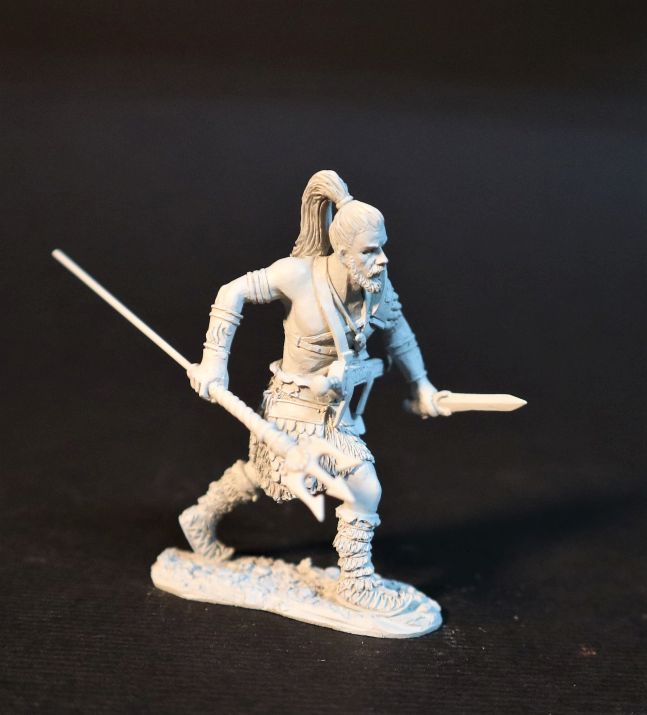
Cycnus supported the Trojans and was a great warrior, killing one thousand opponents.
According to some accounts he killed the Greek hero Protesilaus.
It was said that being the son of Poseidon, he was invulnerable to spear and sword attacks. When Achilles confronted Cycnus he could not kill him via conventional weaponry so he crushed and suffocated him.
After his death Cycnus was changed into a swan.
EURYPYLUS - PRINCE OF MYSIA
Euryplus was the son of Telephus, King of Mysia. He was a great warrior, who led a Mysian contingent that fought alongside the Trojans against the Greeks in the Trojan War.
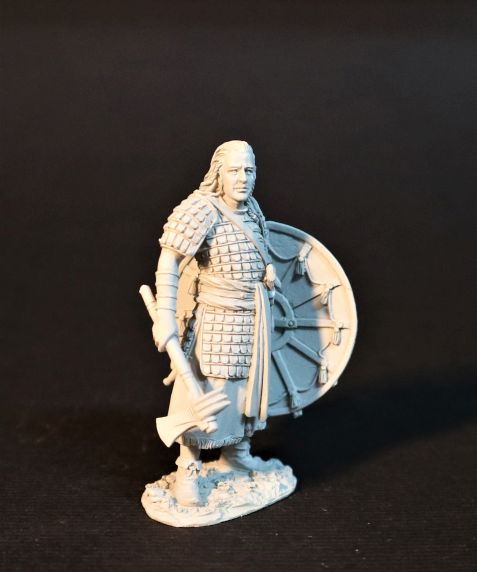
In a prelude to the Trojan War, the Greeks attacked Mysia, mistaking it for Troy. Eurypylus’ father Telephus was wounded by Achilles and later, when his wound continued to fester, was also healed by Achilles. According to some accounts, because of this, Telephus promised that neither he nor his familt would aid the Trojans in the coming war.
Nevertheless, during the final stages of the war, between the death of Achilles, and the ruse of the Trojan horse, Eurypylus led a large Mysian force to fight on the side of Troy. Some accounts state that Priam obtained Eurypylus’ aid in the war by giving his mother Astyoche a golden vine, or by promising Eurypylus one of his daughters as a wife.
Eurypylus was a great warrior and killed many opponents, including Machaon, Nireus, and Peneleus.
Neoptolemus finally killed Eurypylus, using the same spear that his father Achilles had used to both wound and heal Eurypylus’ father Telephus.
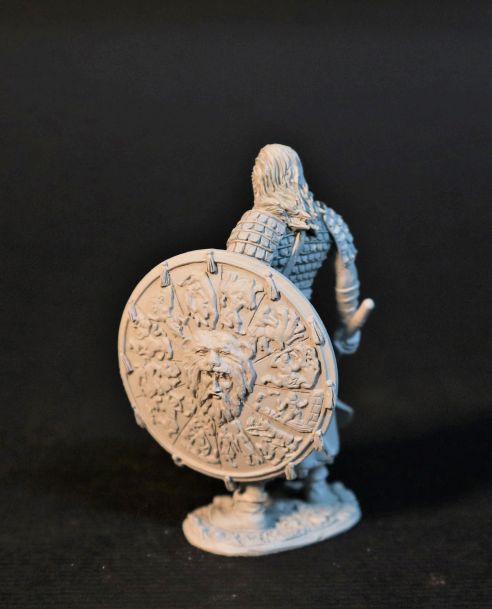
Homer has Odysseus say that Eurypylus was, next to Memnon, the most beautiful man he had ever seen, and there were nearly one hundred lines of the poem devoted to a detailed description of Eurypylus’ shield, which was adorned with depictions of the twelve labours of Hercules.
Dressed for battle, Eurypylus "seemed the War-god"
MEMNON – KING OF AETHIOPIA
Memnon was a king of Aethiopia and son of Tithonus and Eos. As a warrior he was considered to be almost Achilles’ equal in skill. Sources describe that Memnon arrived with a large army of Indians and Aethiopians, which consisted of thousands of men with various kinds of arms, and surpassed the hopes and prayers even of Priam.
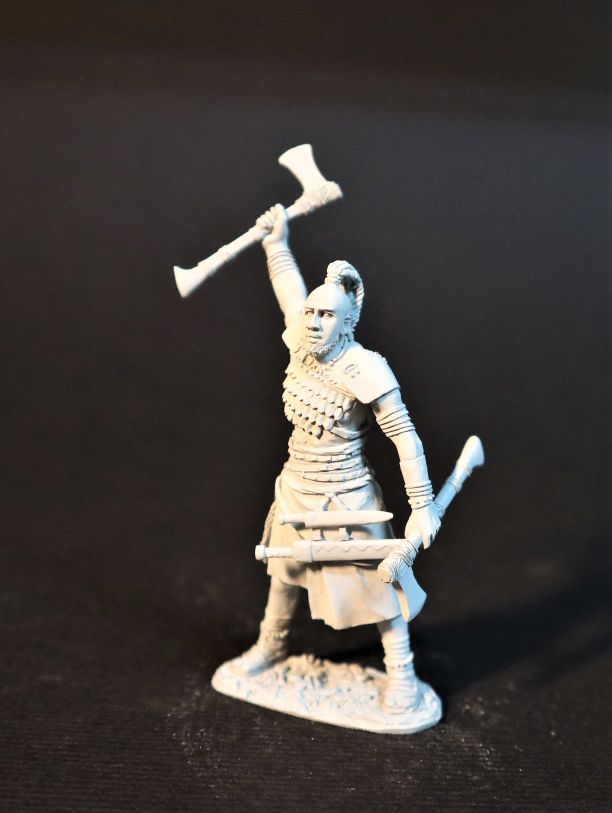
During the Trojan war he brought an army to Troy’s defense and killed Antilochus, Nestor’s son, during a fierce battle. Nestor challenged Memnon to a fight, but Memnon refused, being there was little honour in killing the aged man. Nestor then pleaded with Achilles to avenge his son’s death. Despite warnings that soon after Memnon fell so too would Achilles, the two men fought.
Memnon drew blood from Achilles, but Achilles drove his spear through Memnon’s chest, sending the Aethiopian army running.
SARPEDON
Sarpedon fought on the side of the Trojans, with his cousin Glaucus, and was one of Troy’s greatest allies and heroes.
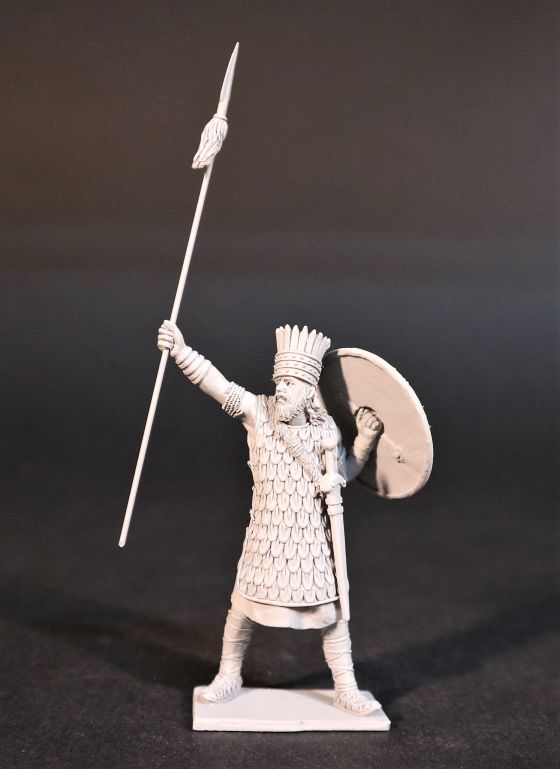
In the Iliad, Sarpedon scolded Hector, claiming that he left all the hard fighting to the allies of Troy and not to the Trojans themselves, and made a point of saying that the Lycians had no reason to fight the Greeks, or no real reason to hate them, but because he was a faithful ally to Troy he would do so and fight his best anyway.
When the Trojans attacked the wooden stockade wall built by the Greeks, Sarpedon led his men, including Glaucus and Asteropaios to the forefront of the battle and caused Ajax and Teucer to shift their attention from Hector’s attack to that of Sarpedon’s forces. He personally led the attack on the battlements and was the first to enter the Greek encampment.
This attack allowed Hector to break through the Greek defences. It was during this action that Sarpedon delivered a speech about “noblesse oblige” to Glaucus, stating that they had been the most honoured kings, therefore they must now fight the most to repay that honour and prove themselves and repay their loyal subjects. While he was preparing to plunge into battle, he told Glaucus that together they would go on to glory. If they were successful, the glory would be their own. If not, the glory of whoever stopped them would be greater.
When Patroclus entered the battle in the armour of Achilles, Sarpedon met him in combat. Zeus debated with himself whether to spare his son’s life even though he was fated to die by the hand of Patroclus. Hera reminded him that other gods’ sons were fighting and dying and other gods’ sons were fated to die as well. If Zeus should spare his son from his fate, another god might do the same. Therefore Zeus let Sarpedon die while fighting Patroclus, but not before Sarpedon killed the only mortal horse of Achilles.
During the fight, Zeus sent a shower of bloody raindrops over the Trojans’ heads expressing the grief for the impending death of his son.
When Sarpedon fell, mortally wounded, he called on Glaucus to rescue his body and arms. Patroclus withdrew his spear which he had embedded in Sarpedon, and as it left Sarpedon’s body his spirit went with it.
A violent struggle ensued over the body of the fallen king. The Greeks succeeded in gaining his armour (which was later given as a prize in the funeral games for Patroclus), but Zeus had Phoebus Apollo rescue the corpse. Apollo took the corpse and cleaned it, then delivered it to sleep (Hypnos) and Death (Thanatos), who took it back to Lycia for funeral honours.
KING PRIAM OF TROY
Priam was the legendary and last king of Troy during the Trojan War. He was the son of Laomedon. The many children of Priam , included notable characters such as Hector , Paris, and Cassandra.
Initially Priam was named Podarces, and his change of name has to do with the
actions of the Greek hero Heracles and Priam’s father, Laomedon.
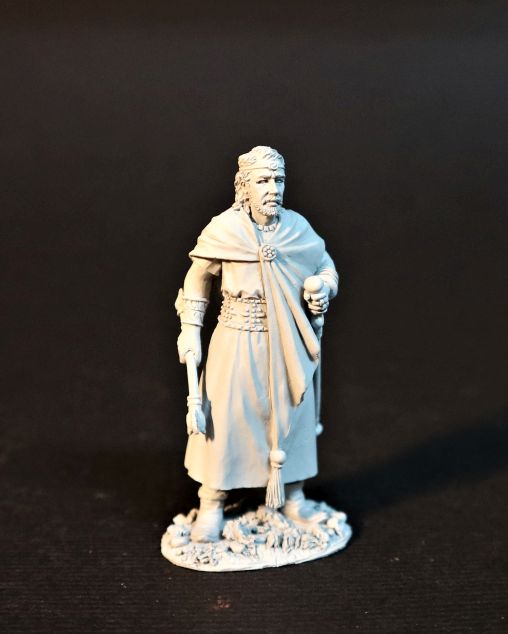
Heracles came to Troy when the city was
under attack by disease and a sea monster, the attacks being the retribution of
Poseidon and Apollo, after Laomedon had refused to pay them for work done.
Heracles promised Laomedon to free Troy from the attacks, if the king would
promise to give him the swift horses of Troy in payment.
Laomedon agreed to the deal and on the beach outside of Troy, Heracles slew the
sea monster after three days of fighting. With the death of the monster, the
pestilence also left Troy, but when Heracles went to Laomedon to take payment,
the king refused and locked the city gates against the hero.
Heracles would later return to Troy with several ships of men, including Telamon, and the hero laid siege to
the city. Heracles would eventually enter the city, and the Greek hero killed
Laomedon. The sons of the king were also killed by Heracles, until only the
youngest, Podarces was left alive. He too would have died at the hands of
Heracles, but Hesione, the sister of Podarces, stayed the hand of Heracles, by
offering up a ransom for her brother; the ransom taking the form of a golden
veil. Podarces would then take the name Priam, meaning “ransomed”.
Having had his life spared, Priam then found himself elevated to king status,
for Heracles put the Trojan prince upon the throne, making him ruler of
Troy.
Troy would prosper under the leadership
of Priam, the city’s walls were rebuilt, and the military strength of Troy
would grow. Priam was even said to have led the forces of Troy when allied with
the Phrygians in a war against the Amazons.
As money flowed into Troy, through trade, so Priam built himself a magnificent
palace; A palace built from brilliant white marble, comprising many hundreds of
different rooms.
Priam is killed during the sack of troy, by Achilles’ son Neoptolemus. In Virgil’s description, Neoptolemus first kills Priam’s son Polites in front of his father as he seeks sanctuary on the altar of Zeus. Priam rebukes Neoptolemus, throwing a spear at him, harmlessly hitting his shield. Priam is then dragged by Neoptolemus to the altar and there kills him.
Priam’s death is alternatively depicted on some Greek vases, where Neoptolemus clubs Priam to death with the corpse of the latter’s baby grandson, Astyanax.
